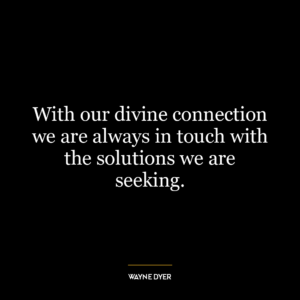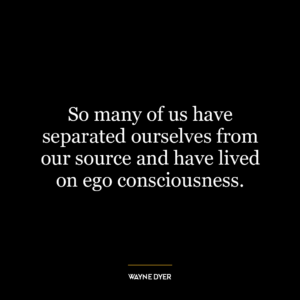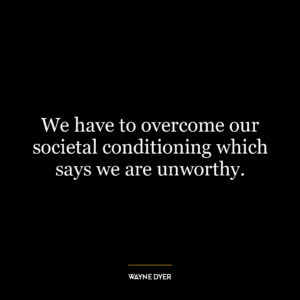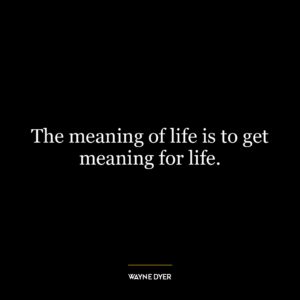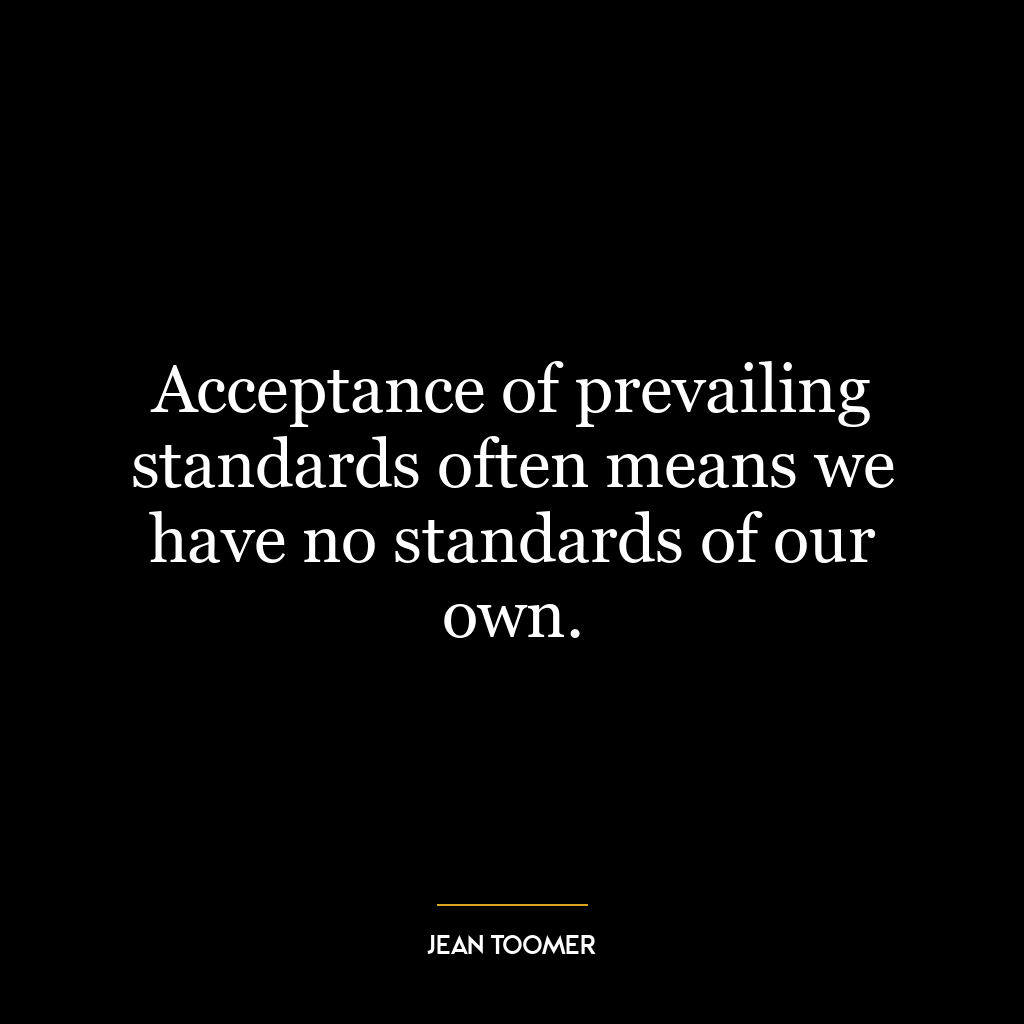Society in General Always Seems to Honor its Living Conformists & its Dead Troublemakers
The quote "Society in General Always Seems to Honor its Living Conformists & its Dead Troublemakers" essentially highlights a paradox in how society views individuals who conform versus those who challenge the status quo.
Living conformists are those who follow the rules, norms, and expectations of society without questioning or challenging them. They are often seen as ‘good citizens’ or ‘model individuals’ because they do not cause trouble or disrupt the societal order. They are honored and respected for their obedience and adherence to societal norms.
On the other hand, troublemakers are those who defy societal norms, question the status quo, and challenge established systems. While they are alive, these individuals are often seen as disruptive, rebellious, or even dangerous. They are usually scorned, criticized, or marginalized by society. However, once they pass away, society often re-evaluates their contributions and realizes the value of their ideas or actions. They are then posthumously honored for their courage and vision.
This paradox is evident in many historical figures who were vilified during their lifetime but celebrated after their death, like Galileo Galilei, Martin Luther King Jr., or Vincent Van Gogh. Their ideas or actions were initially seen as threatening or disruptive, but over time, they were recognized as visionary and transformative.
In today’s world, this concept can be applied in various ways. For instance, it can be seen in how whistleblowers are treated. They are often ostracized or punished for revealing uncomfortable truths, but history may later honor them for their courage and integrity. Similarly, innovators or disruptors in various fields may face resistance or criticism initially, but their contributions may be recognized and appreciated in retrospect.
In terms of personal development, this quote can serve as a reminder to value authenticity and courage over conformity. It encourages individuals to question societal norms, to stand up for what they believe in, and to not be afraid of being different or making waves. It suggests that while conformity may bring immediate acceptance, it is often those who dare to be different who leave a lasting impact on the world.




